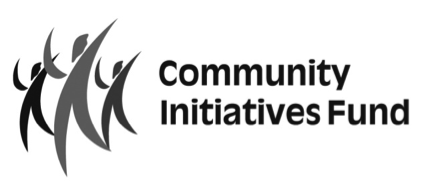ALS Society of Saskatchewan Programs and Services
Please see below the programs and services provided by the ALS Society of Saskatchewan. To learn more about each program, toggle it open by clicking on the Plus icon on the right.

Information, Referral and Home Visits
Support Group
The ALS Society believes that by sharing frustrations, fears, and inspirations of individuals and family members, barriers of isolation can be broken. We are committed to assisting in the establishment of Support Groups wherever an interest is shown. There is a definite need to train more volunteers in other areas of the province to facilitate more of support groups.
There are monthly Support Groups offered for People with ALS, Family members and caregivers in Regina, Saskatoon and Swift Current. Please contact the ALS Society for dates and times or refer to the ALS Society Facebook page found under the “Events” tab of this website.
Equipment Loan Program
Medical equipment includes mobility devices such as wheelchairs, walkers, hospital beds, commodes, lifts, and other medical equipment required by people with ALS. (SAIL) Saskatchewan Aids to Independent Living provides most resources for equipment. The program may not meet all the needs of people with ALS. In these situations the Society may provide some of the necessary equipment. Services are developed based on gaps identified for the particular population. We as a non-profit provide the ongoing education, individual and family support, and financial assistance for items that are government funded.
Assistive Technology
Awareness and education programs
Advocacy
Peer Support
The ALS Society believes that by sharing frustrations, fears, and inspirations of individuals and family members, barriers of isolation can be broken. The ALS Society of Saskatchewan was successful in receiving funding from the Community Initiatives Fund to develop a Peer Mentorship Program. Peer support occurs when people who share a common problem or issue learn together and support one another as they face common challenges. It’s a unique form of service, since the support provided can only be received by those who share similar experiences– experiences a lot of health workers just do not have.
Peer support can be as frequent, ongoing, accessible and flexible as people wish. Peer Support complements and enhances other health care services by creating the emotional, social and practical assistance necessary for managing the disease day by day and staying mentally healthy.
If you are interested in participating in the Society Peer Support Steering Committee or having someone you can talk to who is sharing or has shared your journey, please contact the ALS Society of Saskatchewan, Inc. office (306) 949-4100 or director@alssask.ca. Resources for the development of this program were made possible by a grant from the Community Initiatives Fund.

